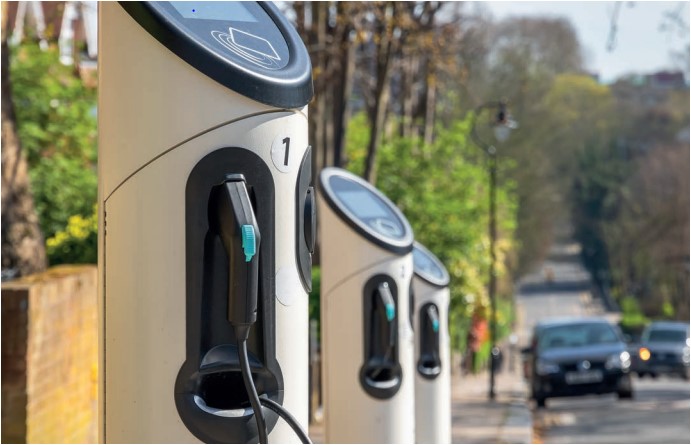With the UK having enshrined in law its commitment to a net zero economy by 2050, it is vital for policymakers to be able to make confident decisions in the face of uncertainty. Low-regrets decisions are urgent decisions that can be made now to have a significant impact on decarbonisation, and that unlock pathways towards the net zero target rather than blocking off options. They can build flexibility, reduce costs for the future, deliver social, economic and environmental co-benefits, and help prioritise the use of limited resources.
Developed by the National Engineering Policy Centre, this low-regrets framework is intended to help identify priority actions to take in the short-term—avoiding technological ‘lock-in’—while government, devolved administrations and local councils develop long-term decarbonisation strategies in parallel.

Related Projects
Decarbonising construction
The construction industry plays a vital role in the economy but must decarbonise if the UK is to meet net zero by 2050
Engineering a Greener Future
Through our support for research and innovation and our work to influence policy, we continue to advance and promote th…
Getting to net zero: a systems approach
A series of short video explainers explores the complexity, urgency and opportunity of climate policy and why a whole-s…
